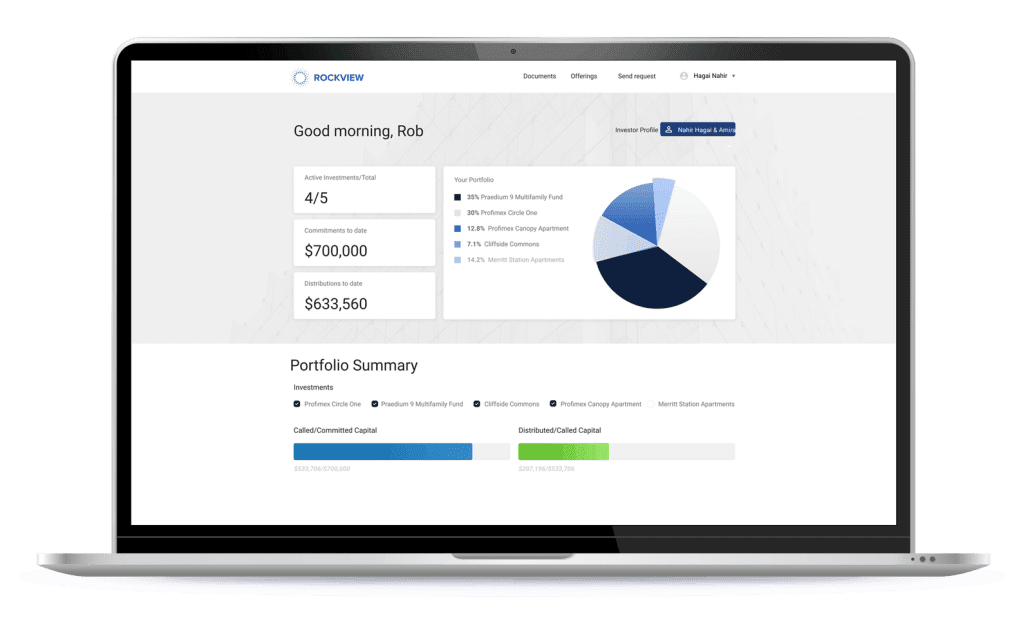Six Tips to Ensure Your Business Is Successful
Launching a business can be an exciting and scary adventure that provides opportunities to grow and enhance yourself.
However, it takes a lot of effort to keep it running, despite various challenges and stiff competition. To ensure this, entrepreneurs must nail the right strategy, which entails online networking and research, marketing plans, and targeting the right audience.
There are many ways to achieve success in business, especially in Australia. The country is an attractive hub for investment and has proven advantageous for those keen on exploring other markets.
Australia has several benefits that attract young entrepreneurs to start businesses. It has a stable political background, a state-of-the-art tech sector, and vast natural resources. Additionally, the country boasts a high standard of living, attracting civilians and immigrants alike.
Ever since the free trade agreement was signed between Australia, New Zealand, and Southeast Asian countries on 1st January 2022, there have been no more barriers in trade regarding goods, services, and investments.
With that said, here are some tips which will ensure a successful business in Australia:
1. Select the Right Business Structure
Entrepreneurs and investors who wish to start their businesses in Australia have two options. First, to establish a new enterprise in the corporate sector or to open an office branch. The most commonly followed business structure, suitable for international investors in the past, is starting a private company limited by shares (Pty Limited).
It is relatively easier to set up a Pty Limited company, even for amateurs. However, if you need help setting up and understanding the nuances related to starting your business, we suggest getting in touch with Bevington management consultants.
This business structure can be set up in a day or two at minimum cost and share capital requirements.
However, one clause can be tricky, i.e., the company must appoint one director who is a resident of Australia and must also comply with the Australian Securities and Investments Commission (ASIC).
2. Read About the Social Security System in Australia
Australia’s tax system works differently than the rest of the world. Residents must pay 2% of taxable income to maintain the national health scheme. However, foreigners below the relevant low-income threshold are usually exempt from this.
People who earn a high income are expected to pay an additional surcharge of 1-1.5%. But this is not all; employers are also obligated to pay a portion of their retirement fund set aside for their employees. It is an addition to the means-tested federal government Age Pension.
Employers must also pay a fringe benefits tax (FBT) on non-monetary allowances offered to employees or even their families. The present rate is 47% and applies to both Australian and foreign residents.
3. Incentivize Your Business
Every country has some incentives to offer to new businesses, which are intended to help them initially. Australia has tax treaties with approximately 40 countries which in turn helps businesses.
A range of tax credits and investment incentives are offered, which include research and development. It also includes tax credit activities carried out in Australia.
To assist new entrepreneurs further, the government offers developmental grants for the export market, venture capital investment incentives, and deductions for capital expenditures.
However, in the case of capital expenditures, the business must be involved in the buying and selling of oil and mineral exploration and production.
According to Tax Summaries, these taxes are currently 30% for corporate tax, while for small and medium-sized businesses, it has a yearly turnover of 25%.
4. Make Sure That You Appeal to Your Audience
Determining your target audience is vital, as they’re the key to your success. If your product or service appeals to your consumers, well, congratulations! You’re on the right track. Businesses can reach overnight success, but creating momentum and sustaining it is important.
You must appeal to your target market and expand your resources over time. Go for the easy goals first while being consumer-friendly to market your product effectively.
5. Construct a Business Plan
It is important to develop a business plan, as it will help to keep you organized and stay on track. A business plan doesn’t have to be complicated but can also consist of one page.
A business plan can help you to define your objective and tell you what goals you need to achieve next. It will aid you to push your business forward more easily.
Here are a few points to consider when drafting a business plan:
Always Go for Simplicity
Your business goals should be easy to read and understand, not just by you but also by your team. You need people who believe in your business idea and are willing to invest in it. For this purpose, they must understand the plan and nature of the business.
Keep Room for Flexibility
There’s no one way to do business, so ensure there is wiggle room for any changes down the line. You may need to make multiple adjustments to your objectives and goals.
6. Cater to the Consumer
If you’re catering to your consumers, you’re doing your business right. Customer experience is the first impression you give to your consumer, and it tells them how much you value their input.
Creating a great consumer experience can separate you from your competitors. It can also help you to gain insight and feedback from your consumers.
In the long run, it will help you to solve your problems before they occur.
Final Thoughts
Even the smallest step matters when achieving business success. With the six tips highlighted in this article, you can kick-start your business in Australia. It will help you to build a solid foundation on which you will achieve lasting success.
We hope you learned something from this article. If we missed something, please tell us in the comments below.





